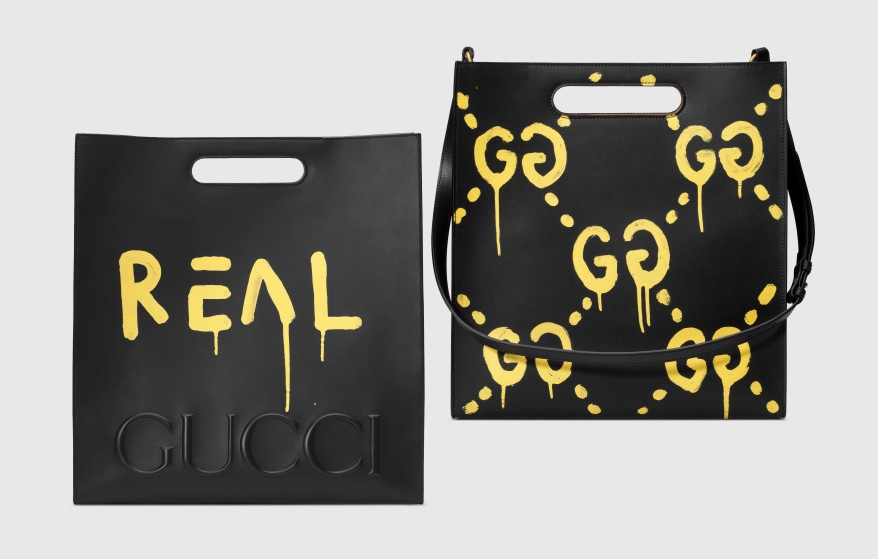
image: Gucci
China is doing its part to cut down on the significant number of fakes that flood the global market after originating within its borders. That appears to be the message that China’s General Administration of Customs hopes will be garnered from an announcement on Thursday that thus far in 2017, Chinese customs have detected more than 1,560 cases of intellectual property infringement involving goods exported to the United States. Those cases stem from two joint China-U.S. crackdowns this year.
One such case, according to the Chinese customs administration centered on 1 million yuan ($150,659) worth of counterfeit Converse brand shoes valued at more than 1 million yuan. In furtherance of that bust, which likely involved Nike footwear (Nike, Inc. owns the Converse brand), customs officials announced that Alibaba Group – the a Chinese e-commerce giant, whose TaoBao platform is known as a haven for counterfeit goods – assisted in “resolving” that case.
Another joint China-U.S. effort this summer resulted in the seizure of counterfeit Louis Vuitton, Gucci, Rolex, and Cartier-branded goods, which would have been worth more than 20 million yuan ($3 million) if sold at retail as authentic.
The announcement appears to follow from increased intellectual property-related efforts that China’s Ministry of Commerce announced in September, one month after U.S. President Donald Trump signed a presidential memorandum authorizing an investigation into China’s alleged “theft” of American intellectual property, including forced transfers of technology from American businesses to Chinese firms in furtherance of what the Trump administration has said enables China to gain an unfair advantage and build a dominant global presence.
It is unclear, however, if the Chinese crackdown and the pending Trump administration investigation are directly related. Chinese authorities have been adamant since the investigation was announced in August that it “will resort to all proper measures” to firmly defend its lawful rights if the U.S. disregards multilateral rules and hurts bilateral trade ties.







